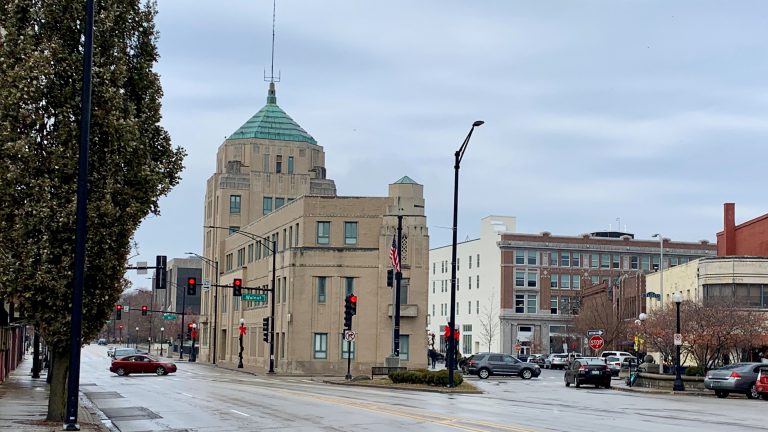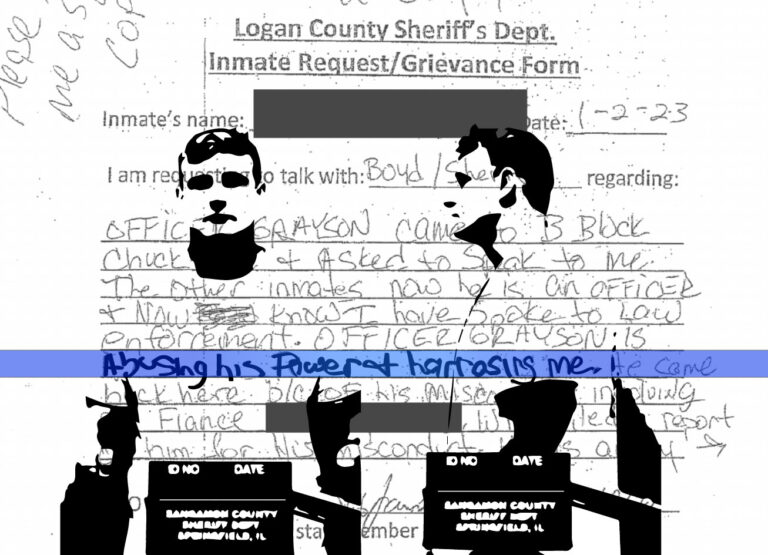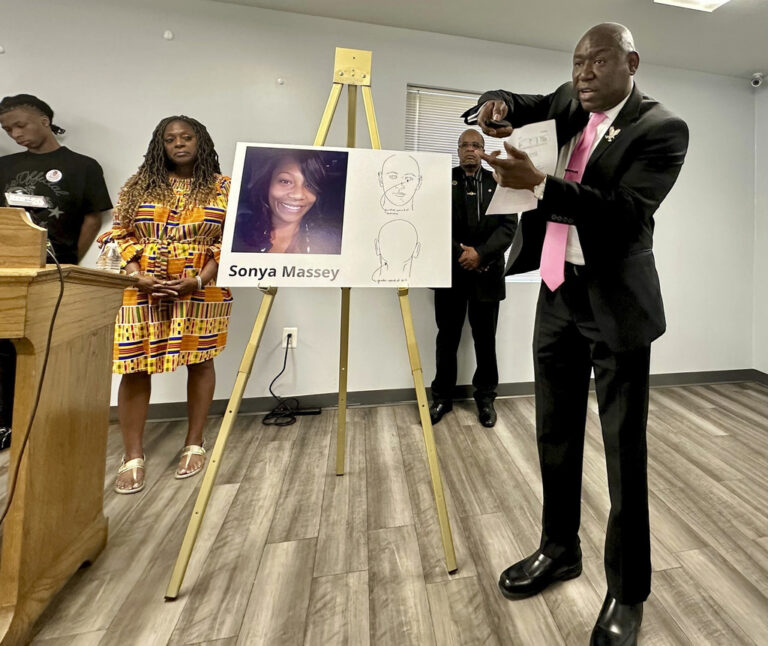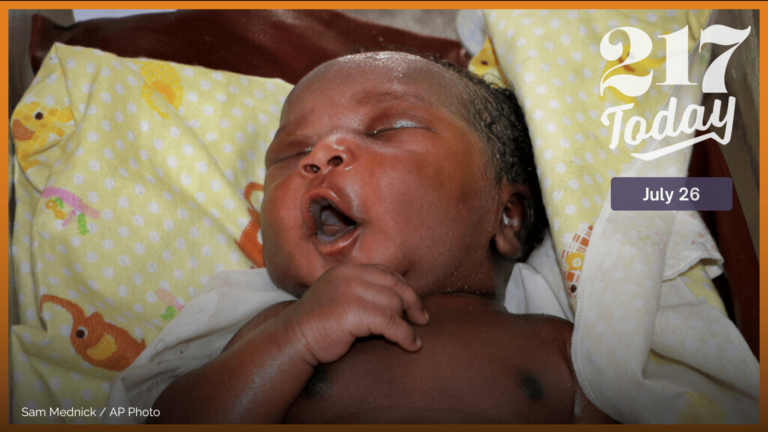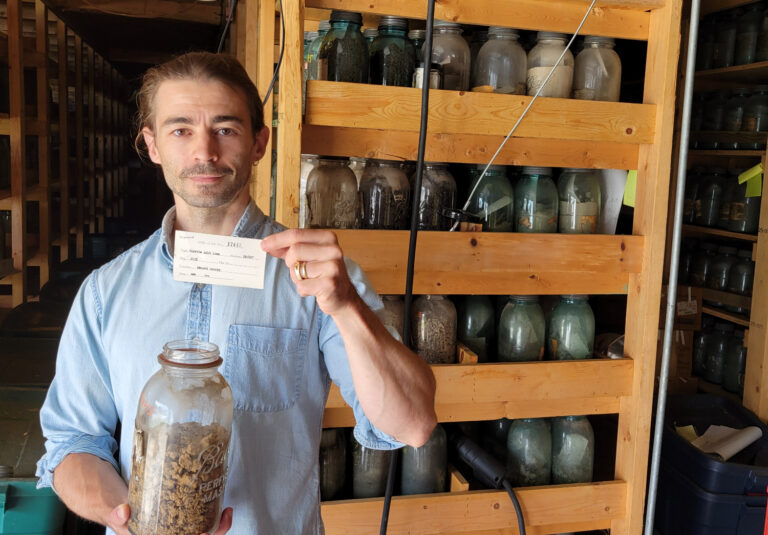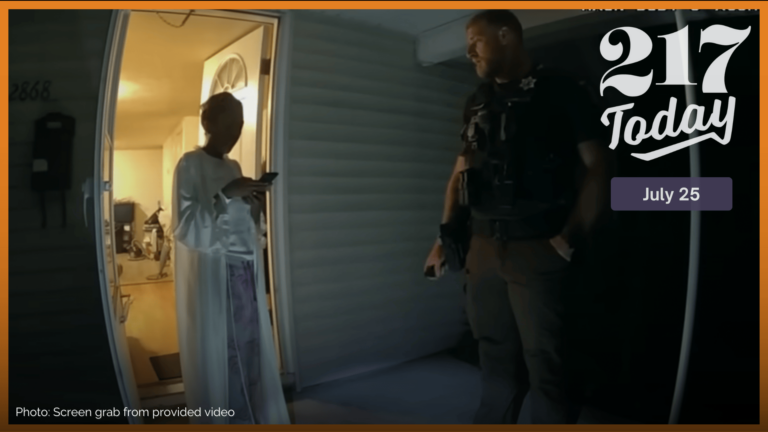CHAMPAIGN – Champaign Police say they are making changes in response to concerns raised nationwide about police practices and policies. City Council members endorsed those changes, when they were outlined at a council study session Tuesday night.
Chief Anthony Cobb says the latest changes in the department’s use-of-force policy are modeled after recommendations from “8 Can’t Wait”. This is a list of recommended police practices, compiled by the police reform organization Campaign Zero in the wake of the police killing of George Floyd, and endorsed by former President Barack Obama.
Cobb says the department’s policy already fulfilled many of the recommendations. But he says the policy has been revised to clearly incorporate three that it did not directly mention previously: that officers are to use de-escalation techniques to defuse tense situations, intervene to stop or prevent another officer’s excessive force, and avoid using choke-holds in any cases except where deadly force is authorized.
“We never trained it or had people using it here in our department,” said Cobb about the use of choke-holds, “but we never had an explicit ban in our policy. And that was a policy failure that we corrected.”
The revisions to the use-of-force policy took effect on Friday, July 10.
Champaign Police also plan to hold a series of meetings with the public to hear their concerns about police practices and policies. The meetings will be town-hall-style gatherings, followed up by smaller group discussions.
In addition, Cobb says he will revive the Police Chief’s Advisory Committee, with a diverse set of local leaders providing feedback to him on community needs.
Cobb and other Champaign officials said the 2014 police killing of Michael Brown in Ferguson, Missouri, led to debates on policing reform that resulted in Illinois’ 2015 police reform law, and a presidential task force on policing under the Obama administration. Then, the police killing this past May of George Floyd in Minneapolis, Minnesota, led to further calls for police reform, including the “8 Can’t Wait” recommendations. Champaign officials say all of these provided impetus for the Champaign Police Department’s own strategic plan, which was launched in 2015, and the most recent reforms.
No mention was made by officials of controversial incidents involving the Champaign Police Department itself. Champaign resident Brian Dunn pointed out that the council meeting was being held on what would have been the 26th birthday of Kiwane Carrington, an unarmed African-American Champaign teenager, who was shot to death in an altercation with a Champaign police officer in 2009. Dunn said that focusing on police conduct during conflicts with the public was not enough, and that more should be done to avoid such conflicts in the first place.
“The ‘8 Can’t Wait’ campaign, nothing about that would have saved Kiwane’s life,” said Dunn. “He was shot accidentally, the shot pierced his heart. How are you going to avoid an accident like that? We need to be focused on preventive measures.”
Champaign resident Emily Close also brought up the Kiwane Carrington police shooting, noting instances where the city of Champaign had paid cash settlements, while not admitting guilt, to people, and the families of people, who had been injured or killed in police altercations. She went on to question the effectiveness of changes made in the Champaign Police use-of-force policy, as well as the clean record that the department received from its own panel investigating Use of Force incidents.
“You also state that there are 87 cases that were reviewed by the Use of Force Review Committee in 2019, and the committee found the use of force was appropriate in all 87 cases,” said Close. “Well, where’s the room for change or improvement if you’re perfect?”
City council members generally praised the police department policy changes and proposed public engagement effort. But some members said more needed to be done, in changing both the culture of the police department and in addressing larger community quality-of-life issues, of which interaction with police was just a part.
At-large Council Member Will Kyles commented that public perceptions of their relationship with police are often based on more than just a single incident and may not be easily remedied by a one-hour public engagement session.
“How do you build relationships with people that don’t have a historical, don’t even know the police officer?” said Kyles. “So it’s not even an officer him or herself, it’s a bad history or a bad experience with the justice system in general.”
The first of Champaign’s police-community public engagement sessions is expected to be held in August.

